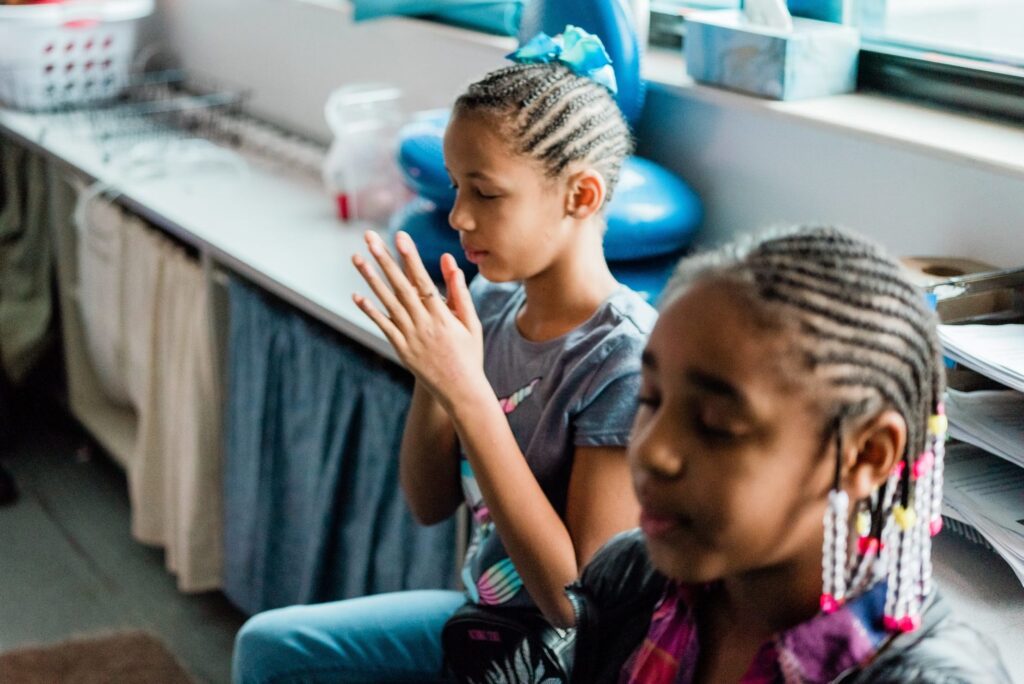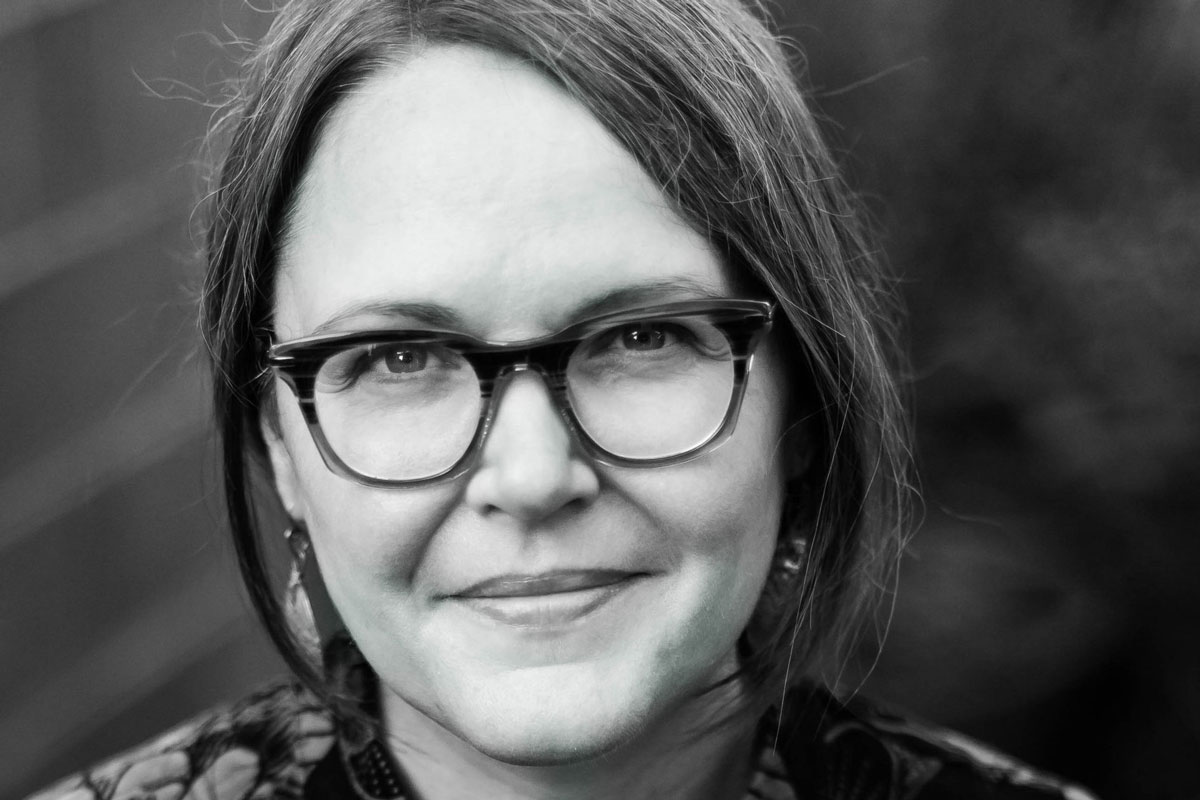I often work with educators and schools to reimagine, design, and approach learning from a place of trust in noticing. How to slow down to notice and wonder. How to be and allow learning to grow from the inside.
For some, this is hard to understand. Noticing doesn’t seem to be enough—not new enough or measurable enough or practical enough. After all, how could it be that teachers are enough as they are? That a school already has all it needs? That students know from inside themselves how to motivate their own learning?
How can we improve if all we do is notice what and who we already are?
Hmm.
There are many things Covid-19 is revealing for us to notice. For us to let go, release, abandon, dismantle. Notions of “improvement” and “fixing” are among them. Also “practical,” “efficient,” “measurable,” “worth-while,” “reasonable.”
Over the last two months, I’ve been sharing ideas (as part of The Salon) with parents who have young children at home who otherwise would be in school. Parents who want to learn, connect with others, find ways to support their children.
I hear parents (what they say and also what’s underneath their words) wonder how they can be better, do better for their children. As if their brilliance and love aren’t quite enough.
There is much overlap in the Venn Diagram of parents and teachers, including brilliance and love. There’s also the twinge of self-doubt that maybe they are doing something wrong or maybe others have it all figured out and forgot to tell them. And maybe if they just gave a little bit more of themselves, it would be better.
What else can we notice and release? “Comparison,” “scarcity,” “lack,” “sacrifice and effort as markers of worthiness.”
Try this. Read the sentences below as you would to your child/ren or someone you love:
You are enough as you are.
All you need is already inside you.
You are not your thoughts.
Your feelings aren’t a problem.
You are love.
Now read these sentences aloud:
I am enough as I am.
All I need is already inside me.
I am not my thoughts.
My feelings aren’t a problem.
I am love.
Notice the space between. How you feel giving to someone else. How you feel receiving this yourself.
This is our work right now. As parents, as teachers, as neighbors. If we want to love the world into becoming the kind of world we want for our children, for all children, for all of everything, we need to sit in this between space. Allow ourselves to be inside the discomfort, the boredom, the whatever you want to call it, of loving, accepting, and being ourselves.
And when our minds say things like “this isn’t practical” or “what can this possibly do” or “it feels like I’m not doing anything” or “I just want an answer to my question” or “it’s not fair that I have time to reflect and ___ doesn’t” or “but I don’t know if this is working” or “this isn’t fun or helpful”… we need to notice and allow this too.
What we notice can be released and transformed.
A parent who is able to say to themselves, “I am love” and “I am enough as I am,” who can observe a situation and say to a child “Your feelings aren’t a problem,” who can allow themselves to believe “all I need is already inside me,” is a parent who will find grace in the present moment no matter what is happening.
You don’t need anything new. You don’t need a packaged program, a new app, or an online solution. Just as teachers don’t need a packaged curriculum, new furniture, or more digital devices.
If your mind is saying, “but what about ___” and “we need to change the way ___” and “I really do need some tips on ___” and “we have to fix this system” and “but this is urgent, we have to do __”… notice this, and find what you might release.
“Fixing,” “doing,” “rearranging,” “managing,” “fighting,” “being right,” “knowing,” “solving,” “certainty.”
Noticing is not doing nothing. It’s not about things staying the same. It’s about deepening trust and awareness for where we look, how we engage in process, what knowledge/s are valued, who is included, why we are here together on this earth right now.
Children’s Innovation Project has long defined innovation as finding something new inside something known. This is not only a definition of innovation. It is also a definition of being. We notice in order to find more of what’s already there. We notice ourselves to find more of who we already are.
Everything we need (for grace or presence or anything else) is already inside us.
Authored by:
Melissa A. Butler writes for children and adults. She speaks, facilitates workshops, and consults to inspire joyful learning based in slowness, not-knowing, trust, and authentic notice-to-wonder practices. She is director of Children’s Innovation Project and founder of reimagining project, LLC. Follow her blog and on social media @butler__melissa.

